Maggie Penman
Stories
-
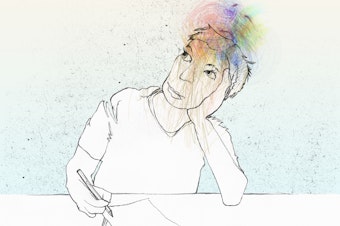
Science
You 2.0: WOOP, WOOP!
American culture is all about positive affirmations. Dream big! Shoot for the stars! But do positive fantasies actually help us achieve our goals? This week, as part of our You 2.0 summer series, we revisit a conversation with researcher Gabriele Oettingen about how we can make our goals more attainable.
-
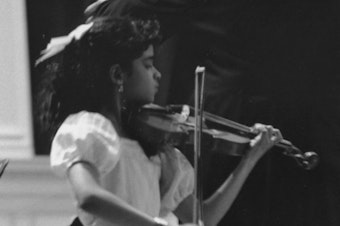
Arts & Life
You 2.0: Loss And Renewal
Maya Shankar was well on her way to a career as a violinist when an injury closed that door. This week, as part of our annual You 2.0 series on personal growth and reinvention, we revisit our 2015 conversation with Maya, in which she shares how she found a new path forward after losing an identity she loved.
-
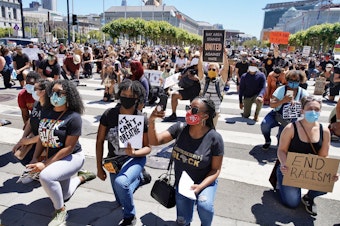
Race & Identity
The Air We Breathe: Implicit Bias And Police Shootings
President Trump said this week that a few "bad apples" were to blame for police killings of black people. But research suggests that something more complicated is at play — a force that affects everyone in the culture, not just police officers. In this bonus episode, we revisit our 2017 look at implicit bias and how a culture of racism can infect us all.
-
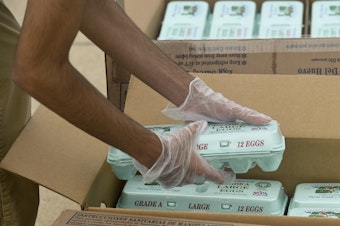
Science
Theory Vs. Reality: Why Our Economic Behavior Isn't Always Rational
We don't always behave the way economic models say we will. We don't save enough for retirement. We give money to charity. This week, why we act in ways that go against our "rational" self-interest.
-
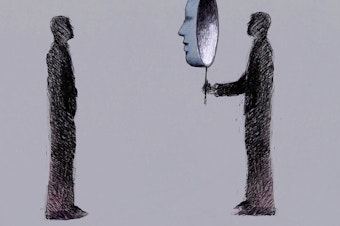
Science
Liar, Liar, Liar
We all lie. But what separates the average person from the infamous cheaters we see on the news? Dan Ariely says we like to think it's character — but in his research he's found it's more often opportunity. Dan Ariely is a professor at Duke University and the author of the book, The Honest Truth About Dishonesty: How We Lie to Everyone — Especially Ourselves. We spoke to him in March 2017.
-
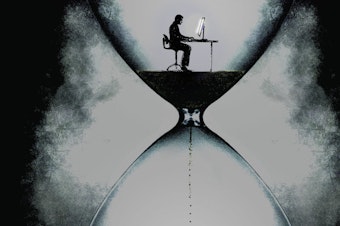
You 2.0: Tunnel Vision
When you're hungry, it can be hard to think of anything other than food. When you're desperately poor, you may constantly worry about making ends meet. When you're lonely, you might obsess about making friends. This week, as part of our You 2.0 series, we bring you a favorite 2017 episode about the psychological phenomenon of scarcity. Researchers say this form of tunnel vision can affect our ability to see the big picture and cope with problems in our lives.
-
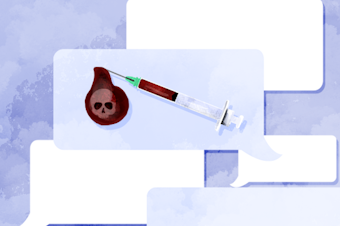
Science
Facts Aren't Enough: The Psychology Of False Beliefs
Sometimes when we believe something, no amount of data can change our minds. This week, we look at how we rely on the people we trust to shape what we believe, and why emotions can be more powerful than facts. This episode features new reporting and favorite conversations with neuroscientist Tali Sharot and philosopher of science Cailin O'Connor.
-
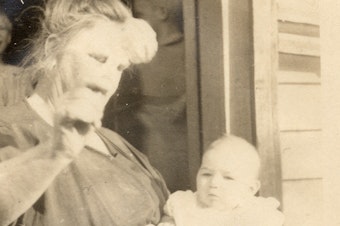
Whose Utopia? How Science Used The Bodies Of People Deemed 'Less Than'
There is a long legacy of leaders exploiting the bodies of vulnerable people in the name of science. This week, the history of eugenics and medical experimentation on enslaved people in the U.S.
-
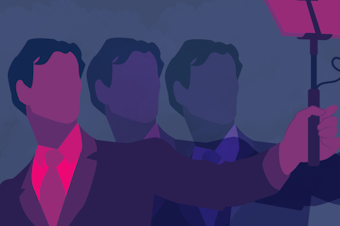
Science
Me, Myself, and IKEA: What Our Love For Swedish Furniture Says About Narcissism
Are women named Virginia more likely to move to Virginia? Are people with the last name of Carpenter more likely to be carpenters? This week on Hidden Brain, we bring you a favorite 2017 episode about our preference for things that remind us of ourselves, and why this tendency can have larger implications than we might at first imagine.
-
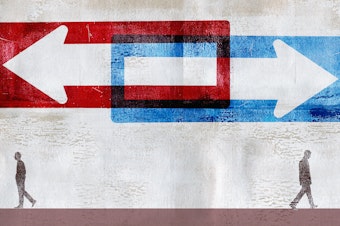
Politics
More Divided Than Ever? Excavating the Roots Of Our Political Landscape
Many of us intuitively feel that the bitter partisanship of American politics is bad for our nation. So should we be concerned about the health of our democracy? This week on Hidden Brain, we revisit two of our favorite conversations about U.S. politics. We start by talking with political scientist John Hibbing about the psychological differences between liberals and conservatives. Then, we explore the role of conflict in democracy with historian David Moss.